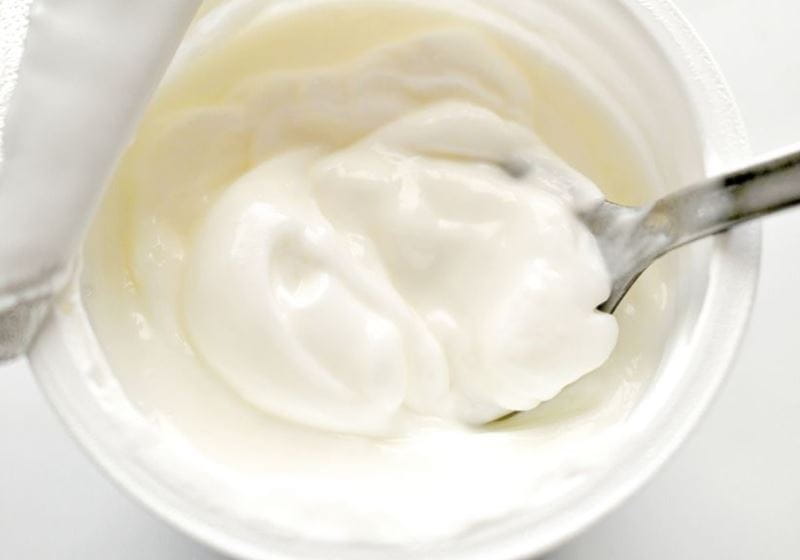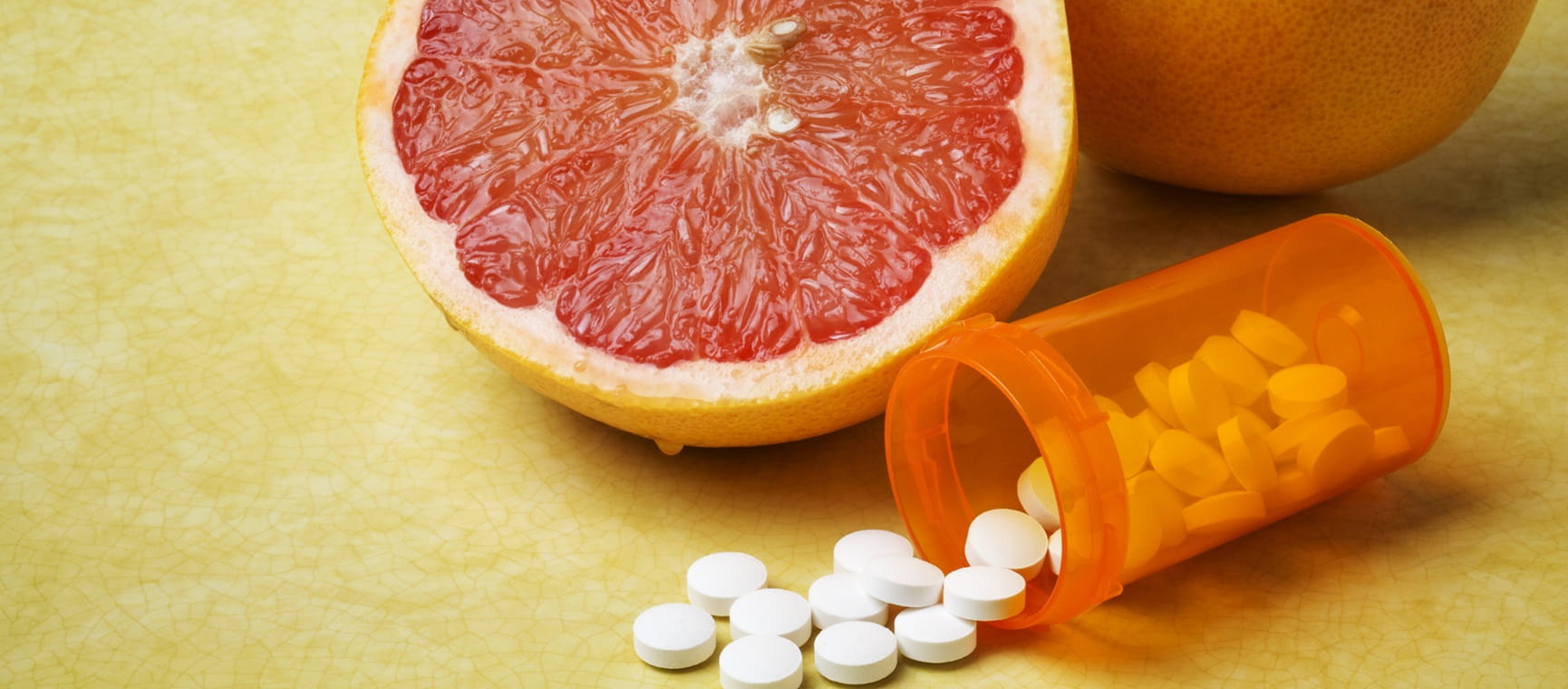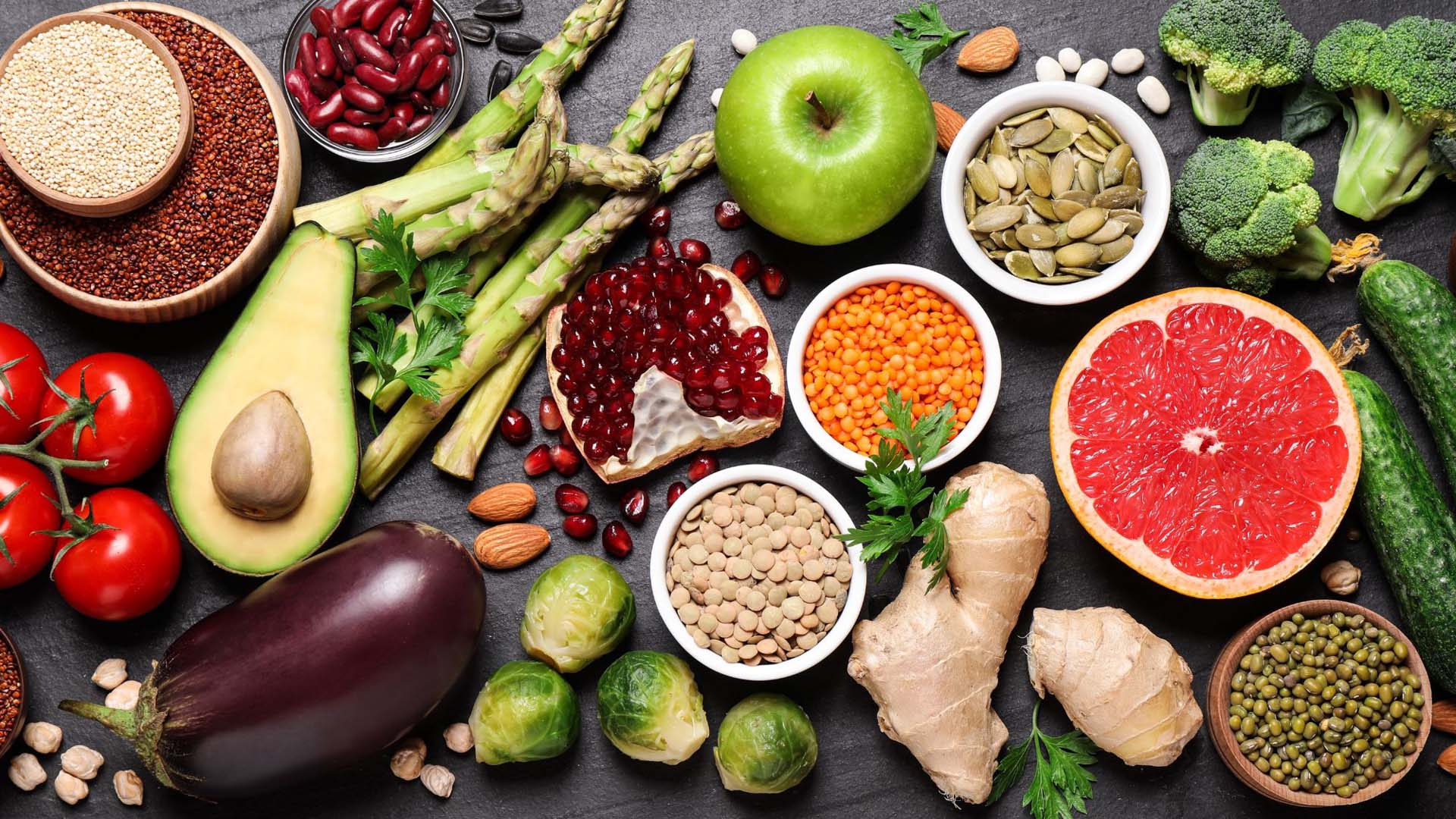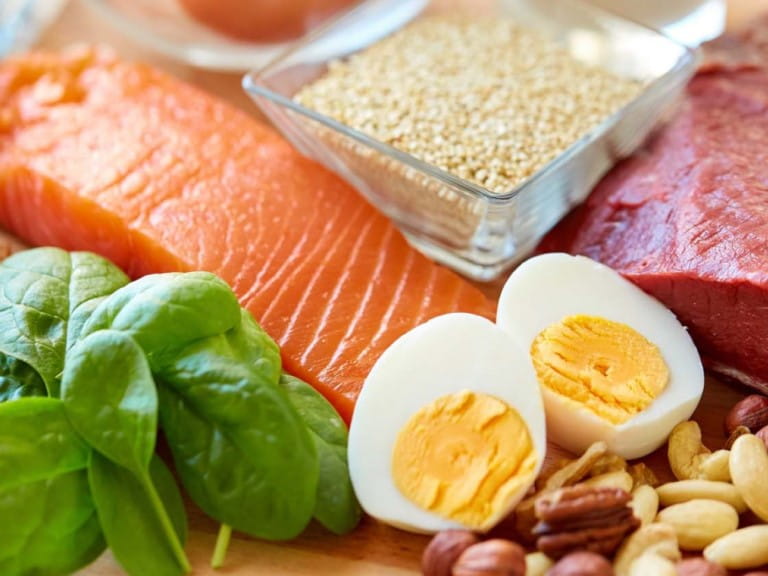Could yogurt help you live longer?
Yogurt has many health benefits, but can a portion a day really be the secret to a longer life too?
.jpeg?la=en&h=760&w=1730&hash=EF14B5915CFE29EBFA9238079A52B12E)
Yogurt has many health benefits, but can a portion a day really be the secret to a longer life too?
.jpeg?la=en&h=760&w=1730&hash=EF14B5915CFE29EBFA9238079A52B12E)
It may sound far-fetched, but scientists say a love of yogurt might have helped Maria Branyas Morera live to the ripe old age of 117.
The US-born centenarian was the oldest woman in the world until her death last year and lived for most of her life in Northeast Spain. Branyas allowed scientists to study her health, diet and lifestyle to see if they could unlock the secret to her long life.
Last week they published their findings.
“She never smoked, she never drank alcohol, she liked to work until she could (not),’ said Dr Manel Esteller, a researcher at the Josep Carreras Leukaemia Research Institute in Barcelona, who co-authored the study.
“She lived in the countryside, she did moderate exercise (mostly walking one hour a day)… She had a diet that included olive oil, Mediterranean style and, in her case, yogurt,” he told CNN.
Even though she didn’t drink, eat sugar or fatty food, Branyas did enjoy, three times a day, a local Catalan brand of yogurt which contained probiotics.
In 2022 Branyas posted on social media about her love of yogurt and how it “gives life”.
Researchers said that this habit, along with her healthy diet, had kept her gut microbiome resembling that of a much younger person – her biological age was found to be 23 years younger than her chronological age.
However, before you fill your shopping trolleys with yogurt, the researchers also said that more research is needed on yogurt’s longevity benefits and that it was the overall combination of her lifestyle, overall diet and her good genes that helped her live so long.
But what health benefits does yogurt have? Can eating a humble pot a day help us live longer and what should we do if we don’t enjoy eating it?
Yogurt is still a fridge staple for many of us, with more than half of UK consumers saying they think it’s a healthy food choice.
But what health benefits does a pot of Müller Light or Greek yogurt actually offer?

We asked nutritional therapist Alexa Mullane, who is also nutritional advisor to Wiley’s Finest, to explain.
“Live yogurt (containing active cultures) provides a combination of nutrients and beneficial bacteria that support overall health as we age,” Mullane says.
“It’s a valuable source of protein, calcium, B vitamins, potassium, and magnesium —nutrients that help maintain bone strength, muscle mass, and energy metabolism.
“Beyond its nutritional profile, yogurt’s live bacteria cultures, such as Lactobacillus and Bifidobacterium, play an important role in supporting a healthy gut microbiome. By promoting beneficial gut bacteria, live yogurt may reduce systemic inflammation, improve digestion, and support healthier cholesterol and blood sugar levels.”
Mullane says that the live bacteria cultures contained within yogurt can really help us as we get older.
“These effects are thought to contribute to healthy ageing,” she explains.
“A 2024 study found that people who regularly consumed yogurt had about half the risk of accelerated biological ageing compared to people who didn’t eat yogurt.
“Other large-scale studies also suggest a link between yogurt intake and reduced risk of cardiovascular disease and all-cause mortality.”
Besides being good for our guts, Mullane says there is increasing interest in how live yogurt and other probiotic-rich foods may influence brain health and dementia risk.
She says: “The ‘gut-brain axis’ (the communication pathway between gut bacteria and the nervous system) appears to play a role in inflammation and cognitive decline.
“Probiotic strains commonly found in yogurt have been shown in laboratory studies to reduce neuroinflammation and support neurotransmitter balance. Early clinical evidence is encouraging – one study found that 12 weeks of probiotic supplementation improved cognitive performance and reduced inflammation in people with Alzheimer’s disease, and a 2024 study found that people with daily yogurt consumption had significantly higher cognitive scores than people who did not eat yogurt.
“While more research is needed, the data suggests that including live-culture yogurt as part of a balanced diet may support health and longevity,” Mullane says.
The dairy sections of our supermarkets are filled with different types of yogurts, from Greek, to low-fat, fruit to plain. If you want to find the best for your health, which should you choose?

Public Health Nutritionist Dr Emma Derbyshire, advisor to Precision Biotics, says these are the best ones to pick.
Mullane warns that some yogurts could do more harm than good.
“Sweetened and highly processed yogurts should be avoided as they can contribute to issues like insulin resistance and weight gain, and usually they have no live bacteria in them,” she says.
“Always read the label and avoid any yogurts with any ingredients that you don’t recognise as real food such as sweeteners, stabilisers and E numbers. The best yogurt only contains milk and it will say on the label that it contains live cultures.
“Full fat Greek yogurt can be great in some instances where weight gain is needed, but often the lower fat versions contain more protein so their nutrient profile is better – just watch that they don’t contain any added sugar or sweeteners.”
Mullane says that those of us who are dairy-free can still get the benefits of yogurt, but warns not to assume they are healthy.
“Non-dairy usually doesn’t contain the live bacteria that provides so many benefits, but sometimes these bacteria have been added so check the label to make sure,” she says.
“Non-dairy yogurt is a good alternative for someone who can’t eat dairy, but usually it won’t have the same nutrient profile that dairy yogurt has.”
Not everyone likes yogurt, so what can we do to get similar benefits, without peeling off the lid of a pot?
Mullane says, “Ensure that you get a wide range of other probiotic foods in your diet (e.g. like kimchi, sauerkraut, kombucha), include 25-30g of fibre every day and eat a rainbow of fruits and vegetables to ensure you get a variety of polyphenols which act as prebiotics (food for our beneficial bacteria) to help our bacteria thrive.
“Other ways to support the microbiome are to avoid processed food, additives and sweeteners in food and drinks, and stay active – walking 10,000 steps per day and doing yoga can have a positive effect on gut health.”
Dr Derbyshire added that probiotic supplements can also make a difference.
“While yogurt is a good source of live cultures, probiotic supplements offer specific, clinically studied strains in a consistent dose, which can often help to provide targeted support,” she explains.
“Many yogurts contain general live cultures but don’t specify the strains or how many live bacteria survive digestion.”
So should we be more like Branyas and add more yogurt to our daily diet to add years to our lives? Both our experts say that it isn’t quite that simple.
“It’s a fun and inspiring story, but only one part of a much bigger picture including genetics, lifestyle, and overall diet,” says Dr Derbyshire.
“You don’t need to eat three pots a day to get benefits. Even one serving of yogurt daily, or a well-chosen probiotic supplement, can support gut health effectively.”
Mullane adds: “It doesn’t have to just come from yogurt – foods like kimchi, sauerkraut, kombucha and other fermented foods all also contain live cultures and also have many other nutrients which would contribute to overall health and longevity.”
Phillipa Cherryson is senior digital editor for Saga Magazine. Phillipa has been a journalist for 30 years, writing for national newspapers, magazines and reporting onscreen for ITV. In her spare time she loves the outdoors and is an Ordnance Survey Champion and trainee mountain leader.
View author page
Expert nutritionists break down the most important foods to eat in each decade as we get older.

We reveal the 7 best tinned foods to supercharge your health while saving you time and money.

From ketchup to mayo – how healthy are your sauces? We find out the pitfalls and surprising benefits of our favourite condiments.

Could honey be the sweetest way to supercharge your health this year? Our experts explain the benefits and which to buy.

Our expert guide to the common foods you shouldn't mix with prescription drugs.

Experts reveal whether chilled supermarket soups are worth the extra cost and if some flavours are better for you than others.

Looking after your gut health could be one of the biggest things that you can do for your overall health. Here are the best foods to keep your gut happy.

The foods that could help you live longer and protect against chronic illness.



Everything you need to know about protein, from how it benefits your body to the best high-protein foods – and how much you really need.